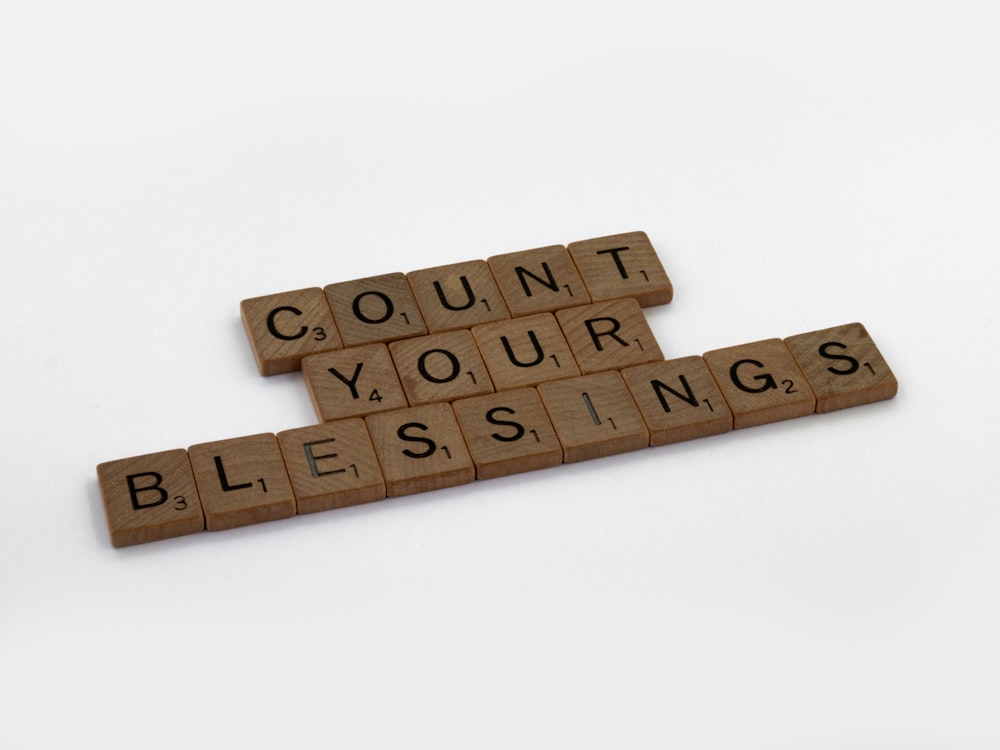Unveiling the Mind-Body Connection: Your Burning Spirituality Questions Answered in 15 Revealing Answers
#1. What is the Meaning of Life?
This is perhaps the most asked question in spirituality.
The meaning of life is subjective and can vary from person to person. Some people believe that the purpose of life is to seek happiness and fulfilment, while others believe that it is to serve others and make a positive impact on the world. Ultimately, the meaning of life is something that each person must discover for themselves.
#2. What Happens After We Die?
This is another popular question in spirituality. Many people believe in an afterlife, while others believe that death is the end. Some religious beliefs suggest that the soul goes to a specific place after death, such as heaven or hell, while others believe in reincarnation.
Ultimately, what happens after we die remains a mystery.
#3. How Can I Find Inner Peace?
Inner peace is something that many people strive for. It can be found through meditation, mindfulness, and self-reflection.
Meditation is the practice of training the mind to focus and be present at the moment. Mindfulness is the act of paying attention to the present moment without judgment. Self-reflection involves examining one's thoughts and emotions and understanding their root causes. By practising these techniques regularly, one can find inner peace and tranquillity.
#4. What Is My Life Purpose?
Finding one's life purpose is a journey that can take a lifetime. Some people believe that everyone has a specific purpose or calling in life, while others believe that we create our purpose.

#5. How Can I Connect with My Higher Self or Spirit Guides?
Many people believe in the existence of a higher self or spirit guides.

To connect with them, it is important to cultivate a sense of awareness and openness. Meditation and prayer can be helpful practices for connecting with the divine. It is also important to pay attention to signs and synchronicity in your life, as these can be messages from your spirit guides.
Trusting your intuition and following your heart can also help you connect with your higher self and spirit guides.
#6. What is the Difference Between Spirituality and Religion?
Spirituality and religion are often used interchangeably, but they are not the same thing. Religion is a specific set of beliefs and practices that are organized within a formal institution. Spirituality, on the other hand, is a personal journey of self-discovery and exploration of the divine.

While religion can provide a sense of community and structure, spirituality is more individualistic and can encompass a wide range of beliefs and practices.
#7. How can I Overcome Fear and Anxiety?
Fear and anxiety are common experiences that can be debilitating.
To overcome them, it is important to understand the root causes of your fears and anxieties. Often, they stem from a sense of uncertainty or a lack of control. Practising mindfulness and meditation can help you develop a sense of inner calm and control. It is also helpful to face your fears head-on and take small steps towards overcoming them.
Seeking support from loved ones or a therapist can also be beneficial.
#8. How can I Cultivate Gratitude in My Life?
Gratitude is a powerful practice that can bring joy and positivity into your life. To cultivate gratitude, it is important to focus on the things that you are thankful for. This can be as simple as writing down three things that you are grateful for each day. It is also helpful to express gratitude to the people in your life who have made a positive impact on you.

By focusing on gratitude, you can shift your perspective and find more joy and happiness in your life.
#9. What is the Law of Attraction and How does it work?
The Law of Attraction is a principle that states that we attract into our lives what we focus on and believe. It is based on the idea that everything in the universe is made up of energy, and that like attracts like. By focusing on positive thoughts and feelings, we can attract positive experiences and outcomes into our lives. On the other hand, negative thoughts and feelings can bring about negative experiences and outcomes.
To use the Law of Attraction, it's important to focus on what you want, rather than what you don't want, and to cultivate a positive mindset.
#10. What is the role of Forgiveness in Spirituality?
Forgiveness is a crucial aspect of many spiritual traditions, as it allows us to let go of resentment, anger, and other negative emotions that can hold us back. Forgiveness can be difficult, especially if we feel that we have been wronged, but it is an important step towards healing and moving forward.
In spiritual terms, forgiveness is often seen as an act of compassion and love and is seen as a way to connect with a higher power. Forgiveness can also help us to release negative energy and emotions, and to find inner peace.
#11. Can spirituality coexist with scientific thinking?
Yes, spirituality and scientific thinking can coexist.
Some scientists find spiritual insights and experiences through the complexity and beauty of the natural world, while spiritual seekers may find their practices supported by scientific research on the benefits of meditation or inter-connectedness.
#12. What is Karma and How does it work?
Karma is a concept that originated in Hinduism and Buddhism and refers to the idea that our actions have consequences that affect us in our lives and future lives. The basic principle of karma is that every action we take creates a ripple effect that determines our future experiences.Positive actions and intentions create positive karma, while negative ones create negative karma.
Karma is seen as a way to encourage ethical behaviour and personal responsibility, as well as a way to explain the inequalities and injustices in the world.
#13. What is Mindfulness and How can it Benefit me?
Mindfulness is a practice that involves being fully present and aware of the present moment, without judgment or distraction. It is often associated with meditation and can be used as a tool to reduce stress, improve focus and concentration, and increase overall well-being.

It can also improve physical health by reducing chronic pain, lowering blood pressure, and boosting the immune system.
#14. How can I reconcile my spiritual beliefs with my daily life?
Reconciling our spiritual beliefs with our daily life can be a challenging task, but it is essential for our overall well-being. Mindfulness is a powerful tool that can help us achieve this balance. By practising mindfulness, we can learn to be present at the moment and to focus on our spiritual health. Mindfulness can help us to become more aware of our thoughts and emotions, and to observe them without judgment. This can lead to a deeper understanding of our spiritual beliefs and a greater sense of peace.
It is about living in a way that honours our spiritual beliefs while also engaging fully in the world around us. This can be challenging at times, but it is a journey worth taking.
#15. How can I Live a More Meaningful Life?
Living a more meaningful life can involve a variety of actions and practices, depending on one's individual goals and values. Some ways to live a more meaningful life may include: setting goals that align with your values and passions, practising gratitude and mindfulness, cultivating positive relationships, serving others through volunteer work or acts of kindness, pursuing personal growth and self-improvement, and finding ways to contribute to something greater than yourself.
Ultimately, living a more meaningful life is about finding a sense of purpose and fulfilment that resonates with your deepest desires and values, and taking intentional action to bring that sense of purpose into your daily life.




Comments
Post a Comment